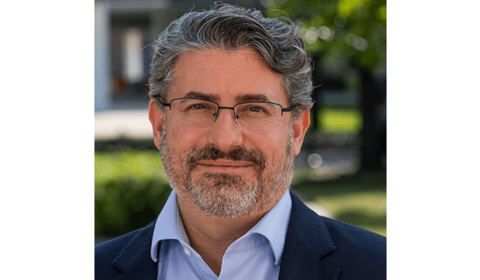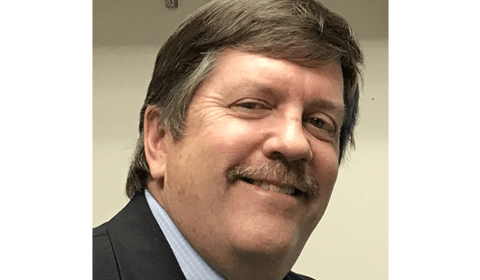SESSION 9: Texas Weather Disasters – Everything is Bigger here?
Session 9, Wednesday, 26 January at 8:30 am
(Joint between the Presidential Sessions, the 10th Symposium on the Weather, Water, and Climate Enterprise, and the Major Weather Events and Impacts of 2021)
Even when accounting for its size, Texas appears to attract more than its fair share of extreme weather. Just during the last decade, this includes the historic drought and heat wave of 2011, the national-record-breaking rains associated with Hurricane Harvey in 2017, and the devastating impacts of the February 2021 winter storm that left more than 100 people dead and more than $20B in economic damages.
This Presidential Session will (1) address the types of extreme weather events that Texas is prone to suffer from, (2) how such events impact communities, and (3) to what extent Climate Change plays a major role in causing such events.
Panelists

Samuel D. Brody is a Regents Professor and holder of the George P. Mitchell ’40 Chair in Sustainable Coasts in the Department of Marine and Coastal Environmental Science at Texas A&M University, Galveston Campus. He is the Executive Director of the newly formed Institute for a Disaster Resilient Texas and Director of Center for Texas Beaches and Shores. Dr. Brody is an adjunct professor in the Department of Civil and Environmental Engineering at Rice University and a Senior Fellow at the Water Institute of the Gulf. He was also the Lead Technical Expert for the Governor’s Commission to Rebuild Texas in response to Hurricane Harvey.
Dr. Brody’s research focuses on coastal environmental planning, spatial analysis, flood mitigation, climate change policy, and natural hazards mitigation. He has published numerous scientific articles on flood risk and mitigation, and the book, Rising Waters: The causes and consequences of flooding in the United States published by Cambridge University Press.
Dr. Brody teaches graduate courses in environmental planning, flood mitigation, and coastal resiliency. He has also worked in both the public and private sectors to help local communities adopt flood mitigation plans. For more information, please visit www.tamug.edu/ctbs or www.tamug.edu/IDRT.

John Nielsen-Gammon has been on the faculty at Texas A&M University since 1991. He is currently a Regents Professor of Atmospheric Sciences and also serves as the Texas State Climatologist, the director of the Southern Regional Climate Center, and the director of the Texas Center for Climate Studies. He graduated from the Massachusetts Institute of Technology, receiving a Ph.D. there in 1990. His research portfolio includes synoptic and mesoscale meteorology, applied climatology, and air pollution meteorology. As Texas State Climatologist, he helps the State of Texas make the best possible use of weather and climate information, through applied research, outreach, and service on state-level committees. He is a fellow of the American Meteorological Society.

Michael F. Wehner is a senior staff scientist in the Computational Research Division at the Lawrence Berkeley National Laboratory. Dr. Wehner’s current research concerns the behavior of extreme weather events in a changing climate, especially heat waves, intense precipitation, drought and tropical cyclones. Before joining the Berkeley Lab in 2002, Wehner was an analyst at the Lawrence Livermore National Laboratory in the Program for Climate Modeling Diagnosis and Intercomparison. He is the author or co-author of over 230 scientific papers and reports. He was a lead author for both the 2013 Fifth and 2021 Sixth Assessment Report of the Intergovernmental Panel on Climate Change and the 2nd,3rd and 4th US National Assessments on climate change. Dr. Wehner earned his master’s degree and Ph.D. in nuclear engineering from the University of Wisconsin-Madison, and his bachelor’s degree in Physics from the University of Delaware.